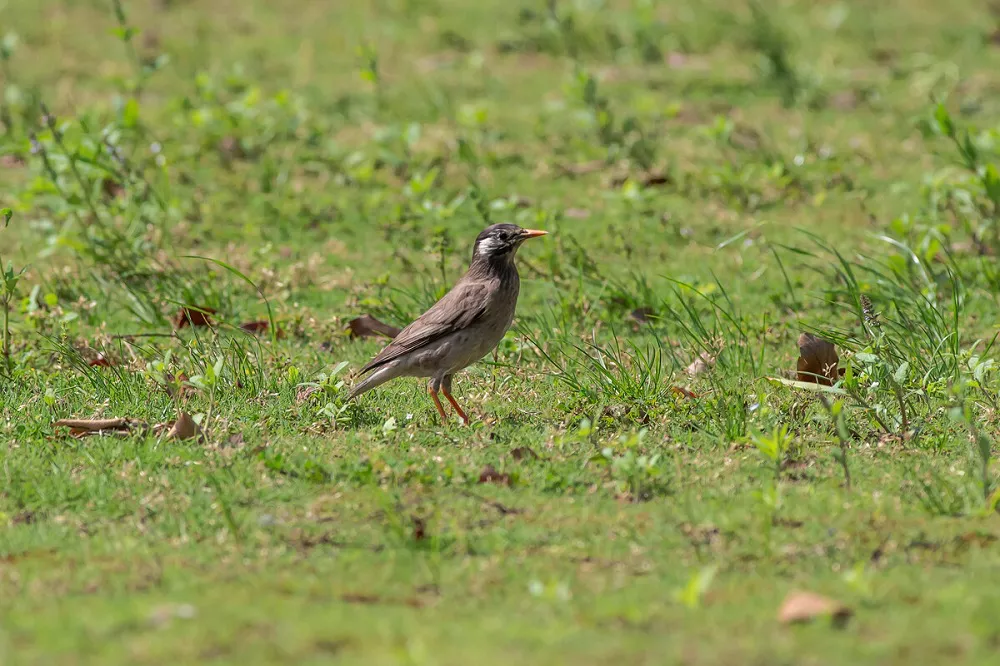The white-cheeked starling, also known as the Abyssinian glossy starling, is a bird species that can be found in several African countries, including Ethiopia, Kenya, Somalia, Sudan, and Tanzania. These birds are known for their striking appearance, with iridescent dark blue feathers and white cheek patches. But what do white-cheeked starlings eat?
White-cheeked starlings are omnivorous birds, meaning that they eat a variety of foods, including insects, fruits, and seeds. They are opportunistic feeders and will eat whatever food is available to them in their environment.
Insects make up a significant part of the white-cheeked starling’s diet. They are particularly fond of grasshoppers, crickets, beetles, and caterpillars. These birds will hunt for insects in trees, on the ground, and even in the air, using their sharp beaks to catch and eat their prey.
Fruits also play an important role in the white-cheeked starling’s diet. They will eat a variety of fruits, including berries, figs, and other small fruits. They will often pluck fruits from trees or bushes and swallow them whole. Fruits are an essential part of their diet, especially during the dry season when insects are less abundant.
Seeds and grains are also a part of the white-cheeked starling’s diet. They will eat a variety of seeds, including those of grasses and other plants. They will also feed on crops such as maize and sorghum, which can sometimes bring them into conflict with farmers.
White-cheeked starlings are also known to eat small lizards and even other birds’ eggs. These birds are adaptable and will take advantage of any food source available to them in their environment.
In conclusion, the white-cheeked starling is an omnivorous bird that eats a variety of foods, including insects, fruits, seeds, and even small lizards and eggs. Their diet is flexible, allowing them to adapt to changes in their environment and find food sources wherever they can. By understanding their diet, we can appreciate the importance of these birds in maintaining the balance of their ecosystems.


 Facebook
Facebook  Instagram
Instagram  Youtube
Youtube 